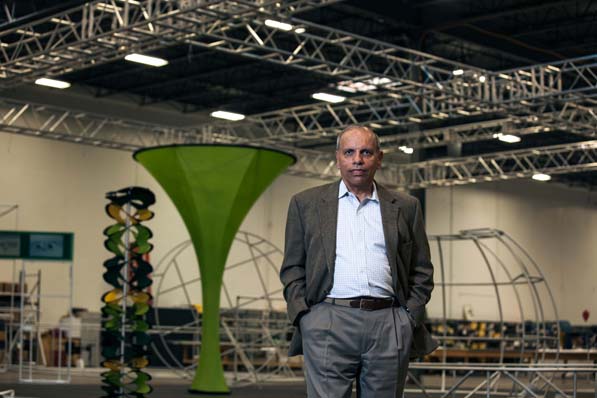With more than 30 years in the banking industry, Joanne Kim has seen it all. Under her leadership as president and CEO, Commonwealth Business Bank has defied the shaky economy, posting significant asset growth. With such success under her belt, Kim sat down with Profile to discuss the challenging banking business.
Tell us a bit about your experience.
Kim: I joined the bank in April 2011. Prior to that, I served at Wilshire State Bank as chief lending officer for seven years and as CEO for another three. During those years, the bank’s assets grew from $240 million to $3.4 billion, and underwent numerous acquisitions. Now I’m at a smaller community bank, in the same marketplace, and I intend to follow the same growth path, capitalizing on what I’ve learned in the past.
Commonwealth Business Bank was ranked 4th out of 65 peer banks (with assets between $200 million and $1 billion) by the Briden Banking Report for 2012.
How would you describe the bank?
Kim: Our clients are primarily business owners, not individual consumers. Our niche is midsize commercial and industrial lending and SBA lending, including term loans, equipment financing, real-estate loans, construction loans, and business lines of credit.
What are some major challenges facing modern banks?
Kim: Regulations are getting tougher, and it’s becoming more expensive to comply with them. I can’t quantify the expense in dollars, but the time spent on paperwork is time that you can’t spend developing business. I spend about 30 percent of my time now on compliance issues.
It’s especially hard on smaller community banks, which don’t have large staffs to devote to this. I suspect you’ll see more mergers and acquisitions in the near future, as the industry tries to ameliorate these expenses. I think there are staffing concerns, as well. Many banks are hiring again, and have money to lend, but struggle to find committed, qualified bankers, especially at lower levels, who will lend with discretion.
What do you mean by “discretion”?
Kim: Business lending is a complex process. You base decisions on the borrower’s past performance, as well as on projections for the future—will the business continue to be stable? Will it grow? It takes a lot of research and analysis of the borrower itself, the specific marketplace, and the overall economic conditions.

“When I mentor young bankers, I stress the need to build a good reputation for yourself and your bank, right from the start. Even if you’re an entry-level officer, it’s essential that you and your customers trust each other. It’s a constant process, because one misstep can destroy something you’ve spent years building.” —Joanne Kim
How do you guide your staff to success?
Kim: I offer them a clear vision and explain how we’ll get to our destination. Progress checks and feedback are important, so everyone can evaluate our progress and remaining plans. I also let them know that failure is okay—I’ve made my share of mistakes, too.
How did the bank weather the financial crisis? Did its relative newness work in its favor?
Kim: We deal primarily with business loans, not mortgages, so the housing crash didn’t affect us very much. But we did have our share of bad loans, and we decided to write them off completely in the second quarter of 2012. It was a painful decision, but it left us in a position to move forward.
What’s on the horizon for Commonwealth?
Kim: Our goal is to grow organically, by increasing our customer base. But we need to be careful, because people on both sides are very cautious about borrowing. It’s a calculated risk for both parties. We’re also considering growth by acquisition or merger. Our team is already studying at some targets, but it’s too early to say more than that.

